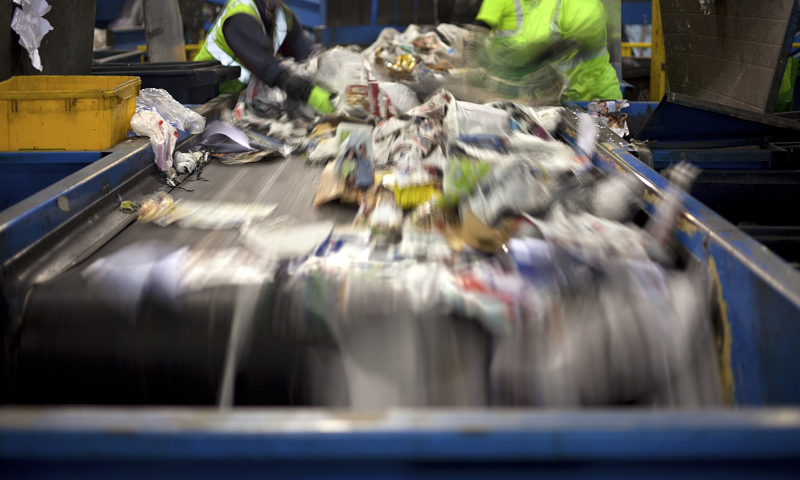New article on waste in the circular economy

The article focuses on EU waste legislation and the need to balance between regulating waste for environmental and health protection, and promoting waste prevention through resource cycling. We suggest a new requirement for “recognising use potential” to counterbalance the very restrictive definition of waste. Access the article here.








